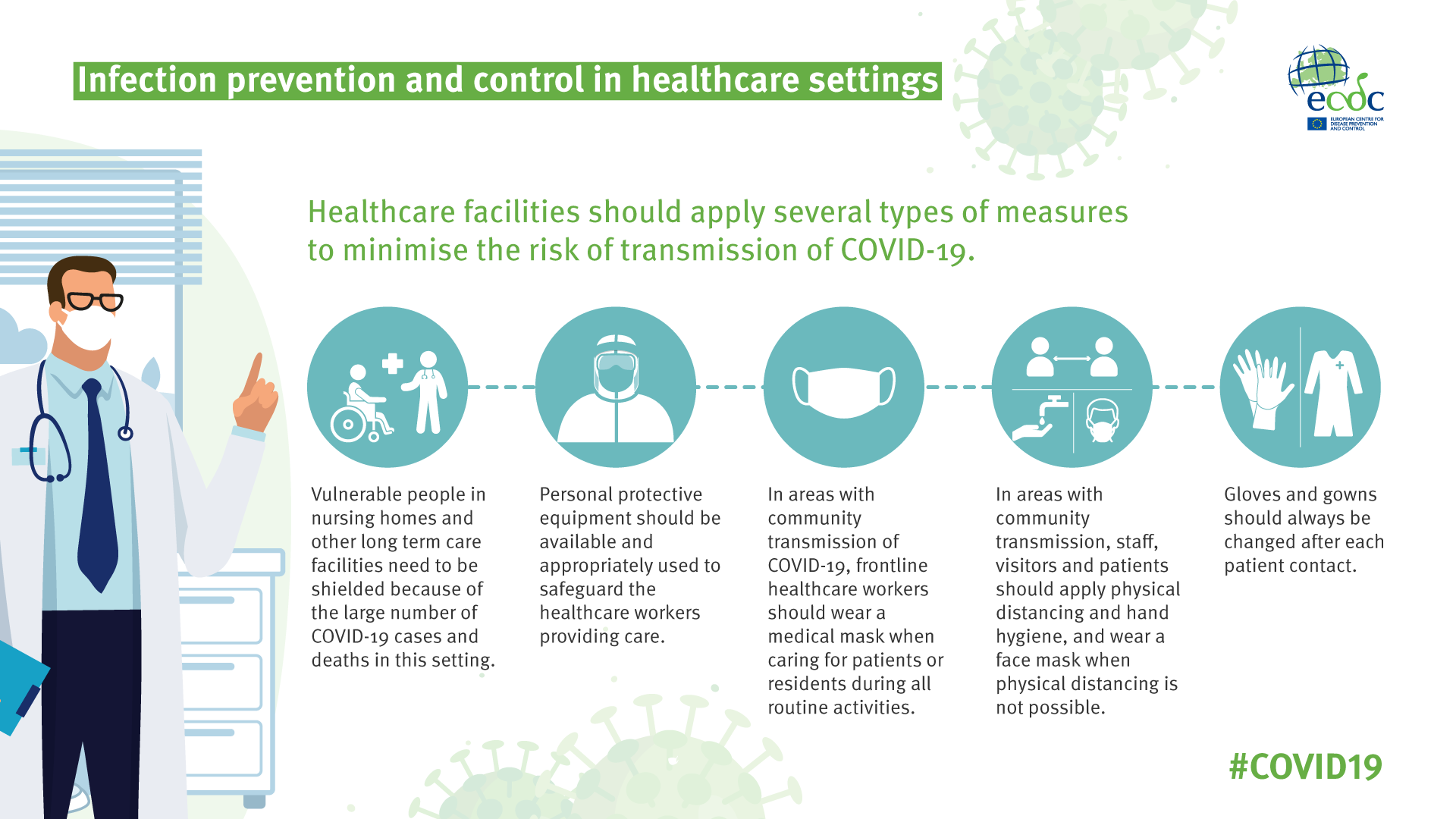
Best Practices for Preventive Care and Disease Prevention
Introduction
Preventive care and disease prevention are essential components of maintaining a healthy lifestyle. By adopting a proactive approach and implementing best practices, individuals can significantly reduce their risk of developing various illnesses and conditions. This article outlines some of the key strategies and tips for effective preventive care.
Eat a Balanced Diet
Proper nutrition plays a vital role in preventing diseases and promoting overall health. Make sure to include a variety of fruits, vegetables, whole grains, lean proteins, and healthy fats in your diet. Avoid excessive consumption of processed foods, sugar, and unhealthy fats. Maintaining a balanced diet will not only support your immune system but also help you maintain a healthy weight, reducing the risk of chronic illnesses such as heart disease and type 2 diabetes.
Stay Physically Active
Regular physical activity has numerous benefits for disease prevention. Aim for at least 150 minutes of moderate-intensity exercise or 75 minutes of vigorous-intensity exercise per week. Engage in activities you enjoy, such as walking, jogging, swimming, or cycling. Physical activity improves cardiovascular health, strengthens bones and muscles, and helps control weight. It also reduces the risk of chronic conditions like obesity, high blood pressure, and certain types of cancer.
Get Regular Check-ups and Screening Tests
Preventive care involves regular visits to healthcare professionals and undergoing recommended screening tests. Schedule routine check-ups with your primary care doctor, dentist, and other specialists as needed. They can monitor your health, detect any potential issues early on, and provide appropriate guidance. Additionally, screening tests like mammograms, Pap smears, colonoscopies, and blood pressure measurements can help identify diseases in their early stages, increasing the chances of successful treatment.
Maintain Proper Hygiene
Practicing good hygiene is crucial for preventing the spread of diseases. Wash your hands frequently with soap and water for at least 20 seconds, especially before eating or after using the restroom. Use hand sanitizer when soap and water are not readily available. Avoid close contact with individuals who are sick or show symptoms of illness. Additionally, make sure to cover your mouth and nose with a tissue or your elbow when coughing or sneezing to prevent the spread of germs.
Manage Stress Effectively
Chronic stress can have detrimental effects on both mental and physical health. It weakens the immune system and increases the risk of several health problems, including heart disease, depression, and digestive issues. Find healthy ways to manage stress, such as practicing relaxation techniques, engaging in hobbies, or seeking support from loved ones. Regular exercise, proper sleep, and mindfulness meditation can also help reduce stress levels and promote overall well-being.
Stay Vaccinated
Vaccinations are an essential part of preventive care. Make sure you and your family members are up to date on all recommended vaccines. Vaccinations protect against potentially serious diseases such as influenza, measles, mumps, rubella, and pneumonia. Talk to your healthcare provider about which vaccines are appropriate for you based on your age, medical history, and lifestyle.
Avoid Smoking and Limit Alcohol Consumption
Smoking and excessive alcohol consumption are significant risk factors for various diseases and health conditions. Smoking is linked to lung cancer, heart disease, stroke, and respiratory problems, while excessive alcohol consumption can lead to liver disease, addiction, and an increased risk of accidents. Quitting smoking and moderating alcohol intake can have substantial long-term benefits for your health.
Conclusion
Implementing the best practices for preventive care and disease prevention is crucial for maintaining optimal health. By following a balanced diet, engaging in regular physical activity, getting regular check-ups, practicing good hygiene, managing stress effectively, staying vaccinated, and avoiding smoking and excessive alcohol consumption, individuals can greatly reduce their risk of developing various illnesses. Remember, prevention is always better than cure, and taking proactive steps towards preventive care is a valuable investment in your long-term well-being.

